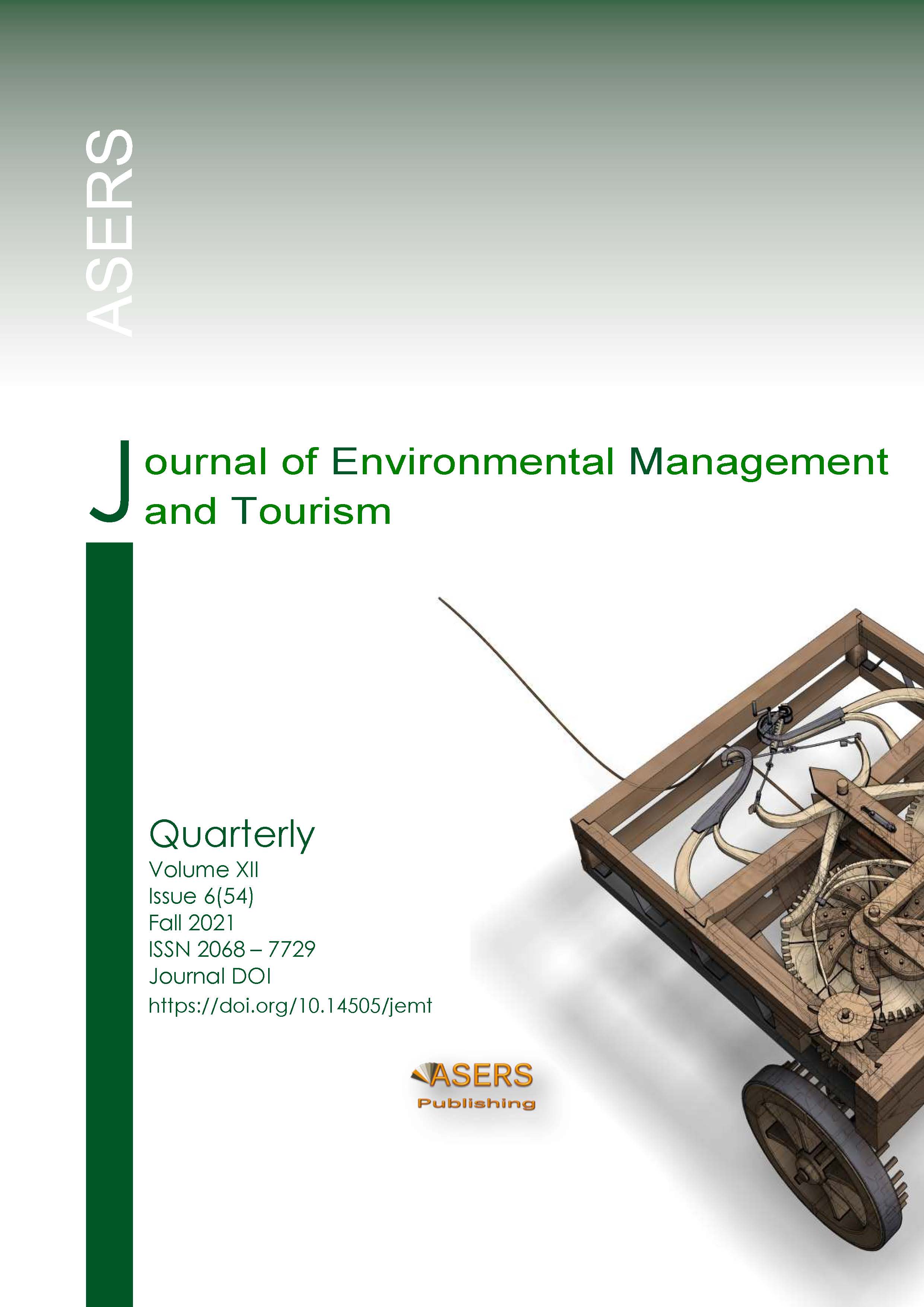Analysis of Kazakhstan-Japanese Relations in the Post-War and Their Influence on the Tourism Industry and Economic Development
Analysis of Kazakhstan-Japanese Relations in the Post-War and Their Influence on the Tourism Industry and Economic Development
Author(s): Nurlan DulatbekovSubject(s): Economy, Supranational / Global Economy, International relations/trade, Economic development, Tourism
Published by: ASERS Publishing
Keywords: Kazakh-Japanese relations; tourism industry; prisoners of war; internment; climatic conditions; economic development; trade; repatriation;
Summary/Abstract: Analysis of both domestic and foreign literature made it possible to formulate research tasks, which were determined by the complexity and versatility of the problem, its relevance and novelty. All these factors made it necessary to focus the author's attention on such key aspects as the nature of Kazakh-Japanese relations in the post-war years, which subsequently influenced the socio-economic development of the Republic of Kazakhstan, including the Karaganda region, which clearly demonstrates the role that Japanese prisoners of war played in the development of the economy of the Karaganda region in the first post-war years, and, consequently, in strengthening the material base of the social welfare of not only the inhabitants of the region, but also the republic as a whole. The aim of the study is to analyze the development of Kazakh-Japanese relations in the post-war years and their impact on the further development of the tourism industry and the economic situation of the Republic of Kazakhstan.
Journal: Journal of Environmental Management and Tourism (JEMT)
- Issue Year: XII/2021
- Issue No: 06(54)
- Page Range: 1664-1675
- Page Count: 12
- Language: English
- Content File-PDF

